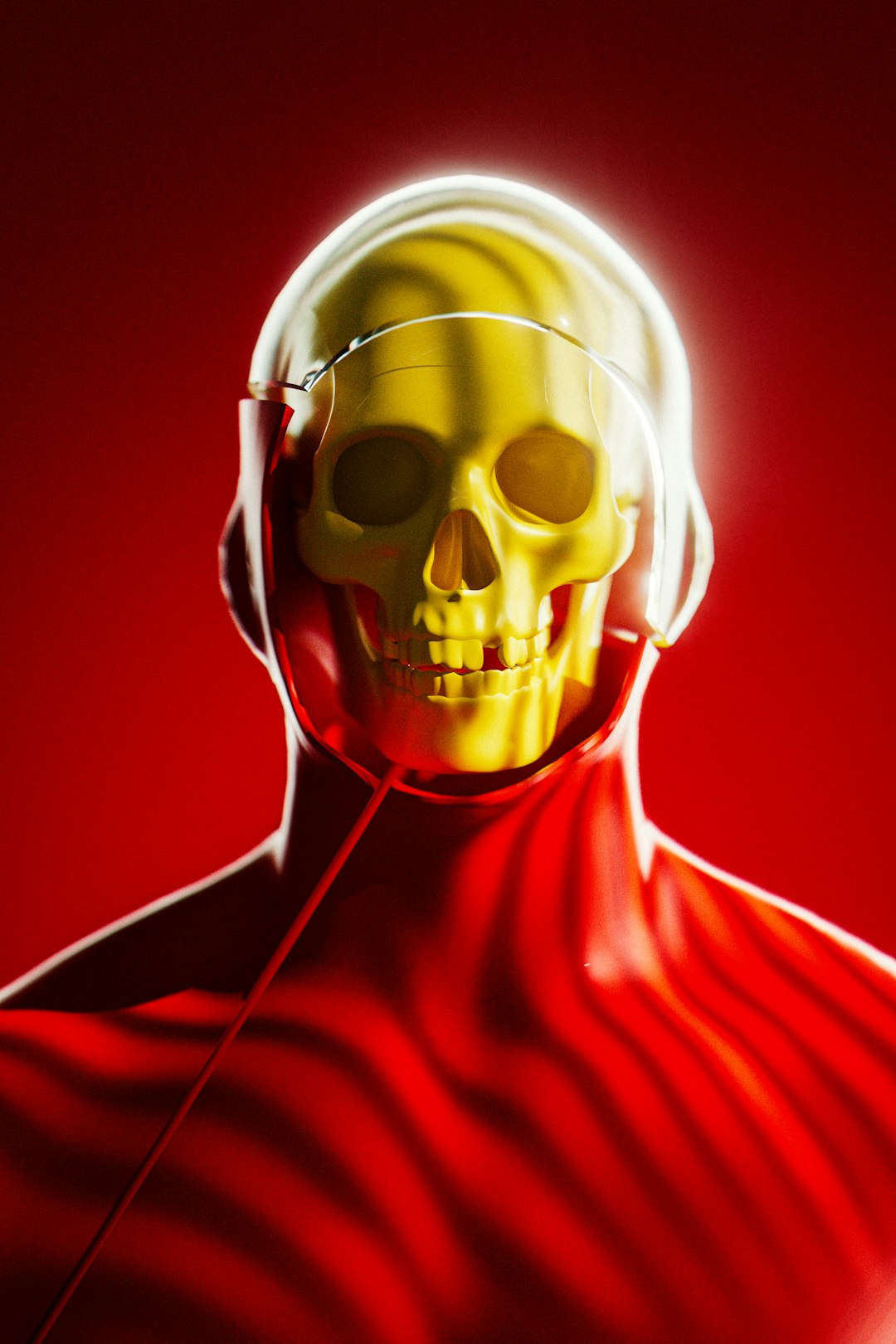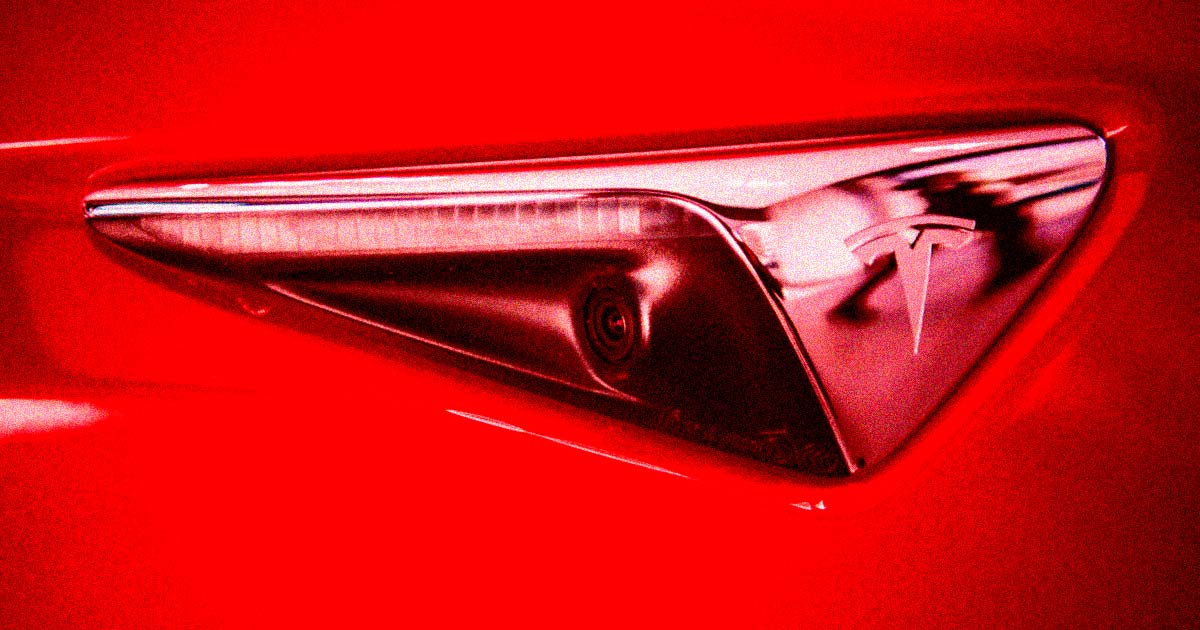- cross-posted to:
- technology@lemmy.world
- cross-posted to:
- technology@lemmy.world
The probe hones in on one of Tesla’s most eyebrow-raising decisions when it comes to its driver assistance package: the insistence on exclusively relying on camera sensors instead of LiDAR and radar like its competitors, which CEO Elon Musk has long derided as a “crutch.”
In 2022, the company went all-in on cameras, ditching ultrasonic sensors in its vehicles altogether — a decision that could prove to be a major mistake as it struggles to catch up with its competition and has now promised robust self-driving capabilities to owners who may lack the necessary sensor hardware.



To some extent you are correct, but also notice that the cameras in teslas are not installed in pairs, so they don’t have depth perception. And since they don’t have lidar or radar it doesn’t have alternate methods to measure depth and distance.
The cameras have overlaps which can be used to measure depth and distance.
There are multiple front cameras
The side pillar camera has overlap with the side rear facing
The 2 side rear facing each have overlap with the rear.
Edit: I imagine their weakest depth/ distance perception with the current set up would be their side pillar cameras. But they could also probably do some calculations with how fast it passes from front to rear.